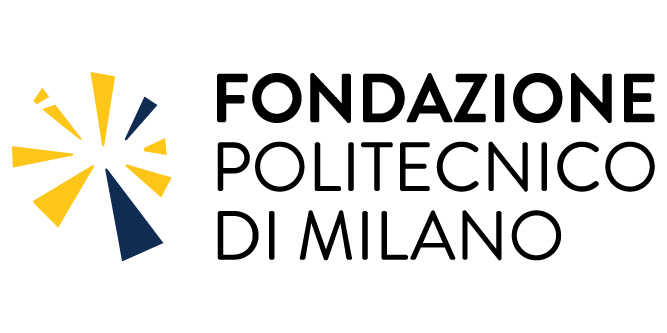Digital Transformation
Digital Tools for Global Citizenship Education
May 2018
- October 2019
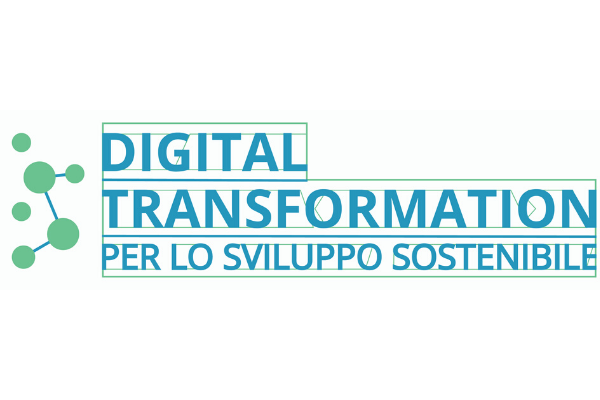
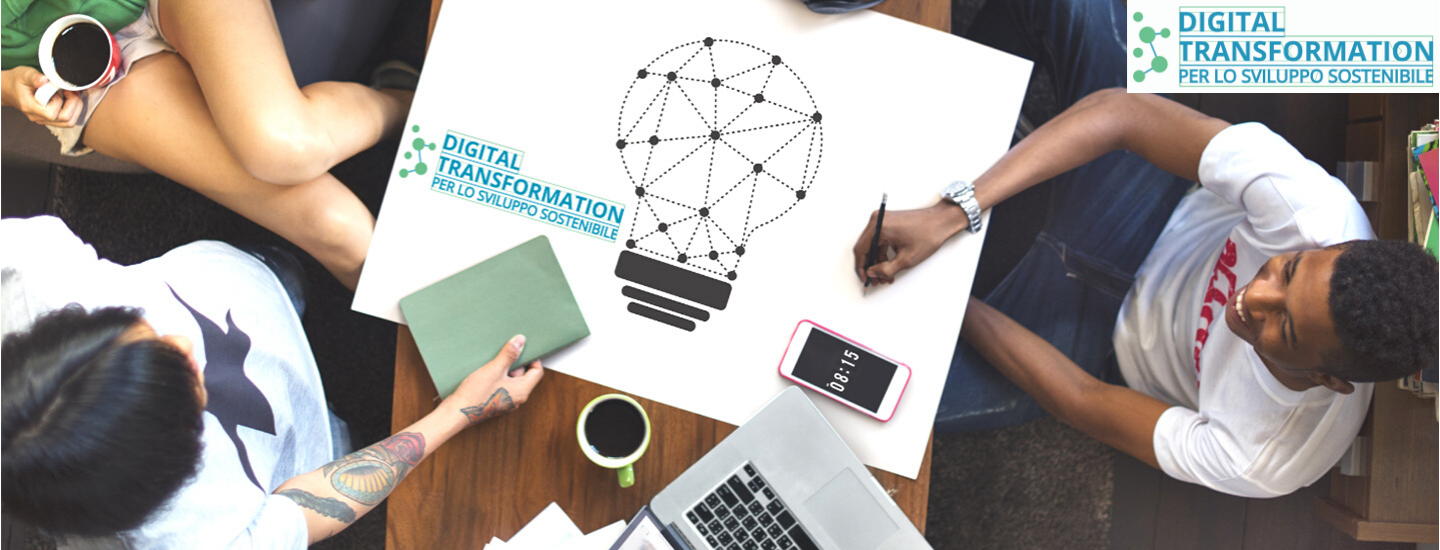
Education is probably the true driver of development, as it can trigger a positive change in every person’s life, in that person’s community and to the world in general.
The initiative
Digital Transformation targets teachers, secondary school pupils and university students, as well as promoters, coordinators and operators in the third sector. The objective of this initiative is to encourage the growth of informed and responsible citizens in an increasingly global and inter-dependent society. To achieve this purpose, the initiative has promoted innovative courses on how the well-informed and insightful use of digital tools can develop key global citizenship skills (dialogue, inclusion and critical understanding, active listening, cooperation), and on how to analyse and address the challenges set out in the United Nations’ 2030 Agenda for Sustainable Development.
The role of the Foundation
Fondazione Politecnico di Milano is a partner in the initiative
Technical details
The courses run within “Digital Transformation for Sustainable Development. Courses in the insightful use of digital technology for Global Citizenship Education” are promoted by CISV – Ong 2.0 and implemented through a network of 20 partners, including Fondazione Politecnico di Milano, which operate in 12 regions across Italy. The initiative was co-financed by the Italian Agency for Development Cooperation with the support of Compagnia di San Paolo, to address the lack of knowledge and skills in sustainable development within the Italian social fabric, while promoting a high-quality educational model for digital transformation processes currently in progress. The project drew on the collaboration of partners, teachers, students and players in the field of sustainable development, in line with the indications set out in the United Nations’ 2030 Agenda, sponsoring courses on the insightful use of ICT technology and communication. This technology is still some way off from being introduced into the formal Italian educational system or into continuous development courses designed for those involved in social development.
Achieved results
The initiative ran for 18 months, involving 448 teachers, 1300 university students and 3700 upper secondary school students. All the participants gained knowledge and skills in global citizenship and learnt how ICT is used in cooperation and development. In addition, over 1500 operators in Italy’s Development Cooperation CaS (third sector associations, local bodies, companies, specialised institutes, diaspora associations) learnt how to use ICT in development programmes and were able to try out processes of Design Thinking and Open Development.
Financial supporters
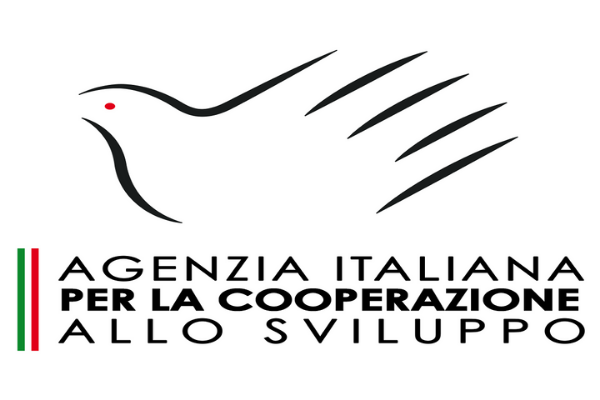
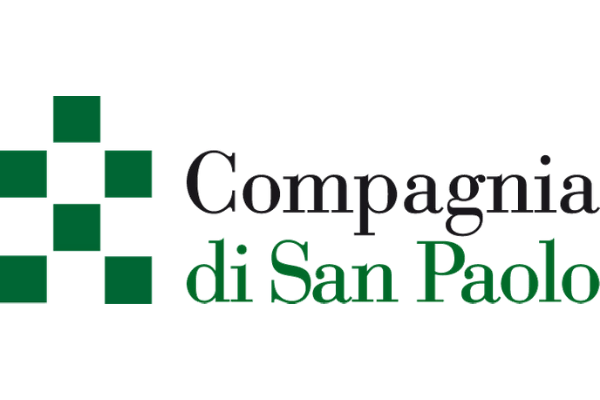
Partners
CISV; ACCRI; Amici dei Popoli; ASPEm Onlus; AST; CeLIM; COMI;CoCoPa; Consoft Sistemi; CO.P.E.; Cospe; CVCS; CVM; Fondazione Politecnico di Milano; LVIA; Opere Sociali Marelliane; O.S.V.I.C; ProgettoMondo Mlal; SAA – The School of Management of the University of Turin; WeMake
